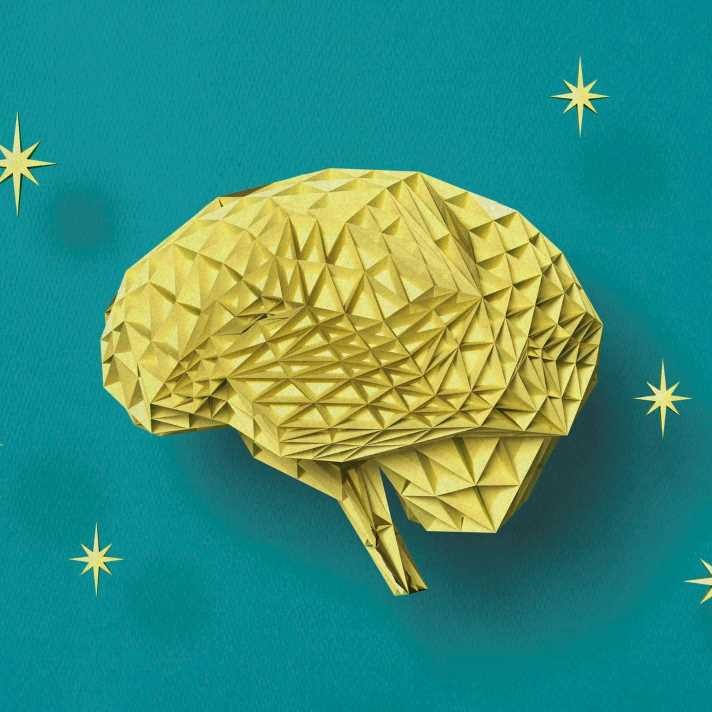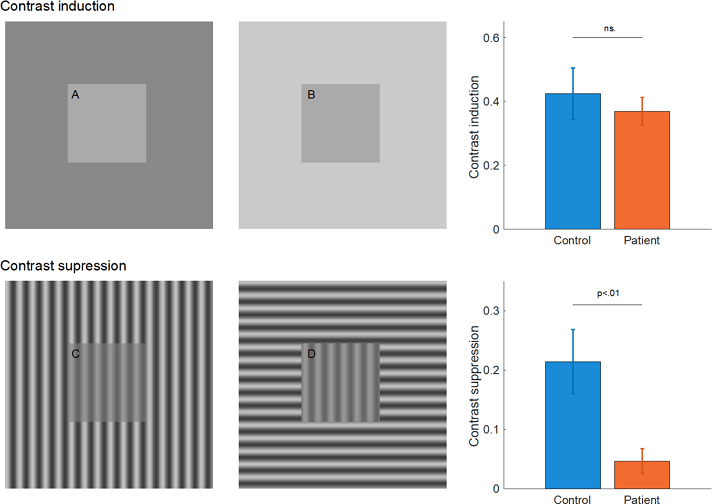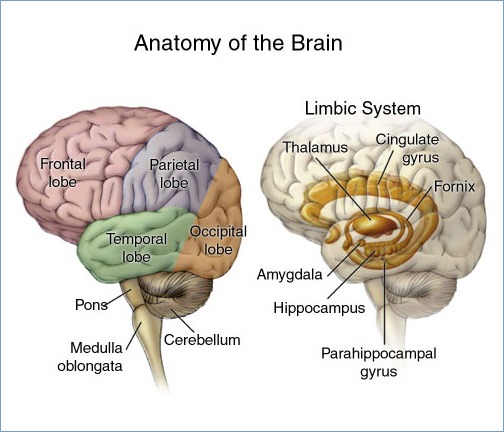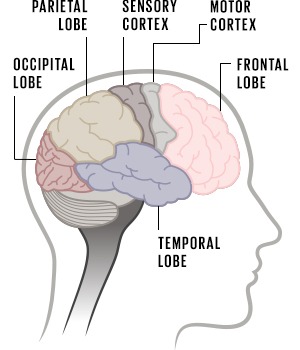Posts Tagged ‘Cerebral Cortex’
On brain folding and fitting 86 billion neurons inside our 1400 cc crania
The human brain has been called the most complex object in the known universe. And with good reason: It has around 86 billion neurons and several hundred thousand miles of axon fibers connecting them. Unsurprisingly, the process of brain folding that results in the brain’s characteristic bumps and grooves is also highly complex. Despite decades of…
Read MoreFDA-approved, Cybin-sponsored clinicial trial to measure ketamine’s impact on the brain via Kernel Flow neuroimaging helmet
Kernel’s Brain-Imaging Helmet Approved For Clinical Trial On Patients Using Ketamine (Forbes): The U.S. Food and Drug Administration has approved a clinical trial using a neuroimaging helmet made by Los Angeles-based Kernel to track what happens in the brain when a human takes a psychedelic dose of ketamine.
Read MoreStudy: Depression affects visual perception … making it more accurate
Depression affects visual perception (press release by University of Helsinki): Researchers specialised in psychiatry and psychology at the University of Helsinki investigated the effects of depression on visual perception. The study confirmed that the processing of visual information is altered in depressed people, a phenomenon most likely linked with the processing of information in the…
Read MoreThe frontal lobes, the little brain down under and “Stayin’ Alive” (3/3)
__ [Editor’s note: Continued from Exploring the human brain and how it responds to stress (1/3) and On World Health Day 2020, let’s discuss the stress response and the General Adaptation Syndrome (2/3)] More on the Cortex, the Limbic System, and Stress: The cortex is made up of four major sections, arranged from the front…
Read MoreLarge study to study impact on early brain development of financial assistance to low-income mothers
___ Does growing up poor harm brain development? (The Economist): “Plenty of evidence suggests that growing up poor, living through these kinds of scrapes, has a detrimental impact on child development. Children from rich families tend to have better language and memory skills than those from poor families. More affluent children usually perform better in…
Read MoreUnderstanding the “It” in “Use It or Lose It”
From Macro to Micro: A Visual Guide to the Brain (IEEE Spectrum) In the human brain, higher-level information processing occurs in the neocortex, neural tissue that forms the outer layer of the cerebral cortex. In its intricate folds, brain cells work together to interpret sensory information and to form thoughts and plans. The neocortex is…
Read More





